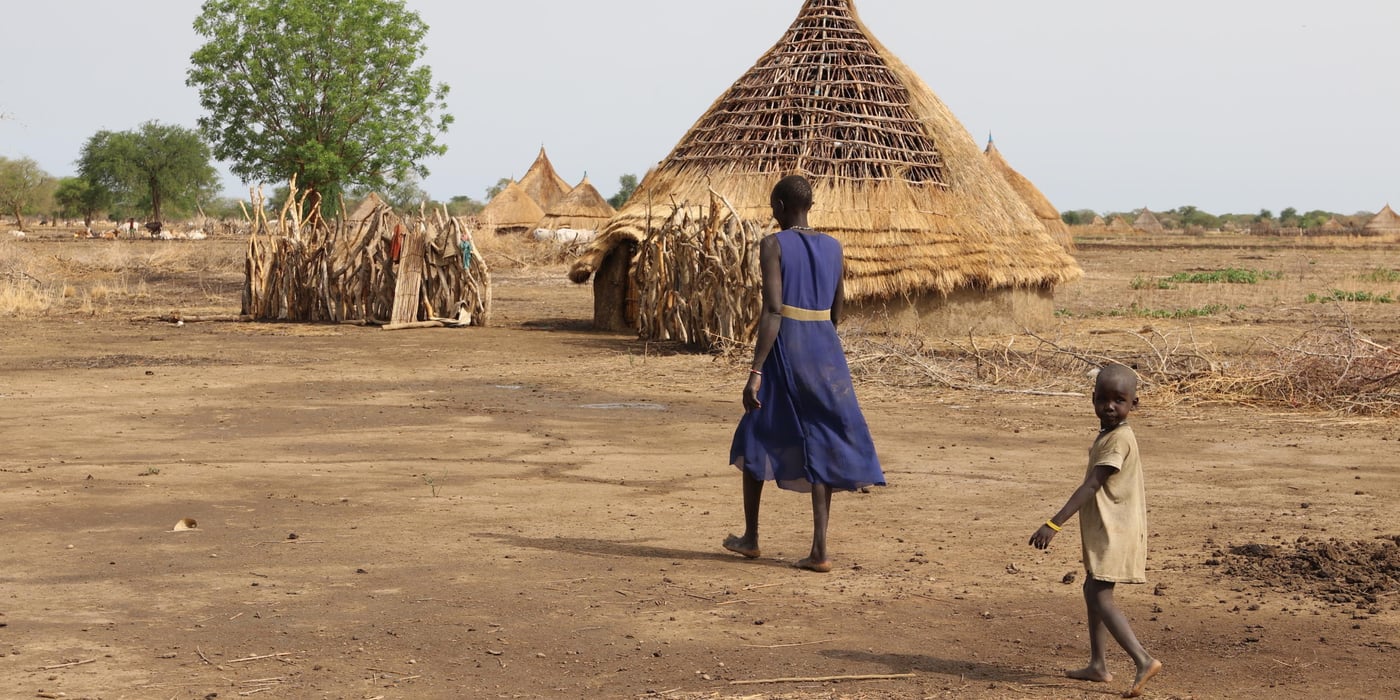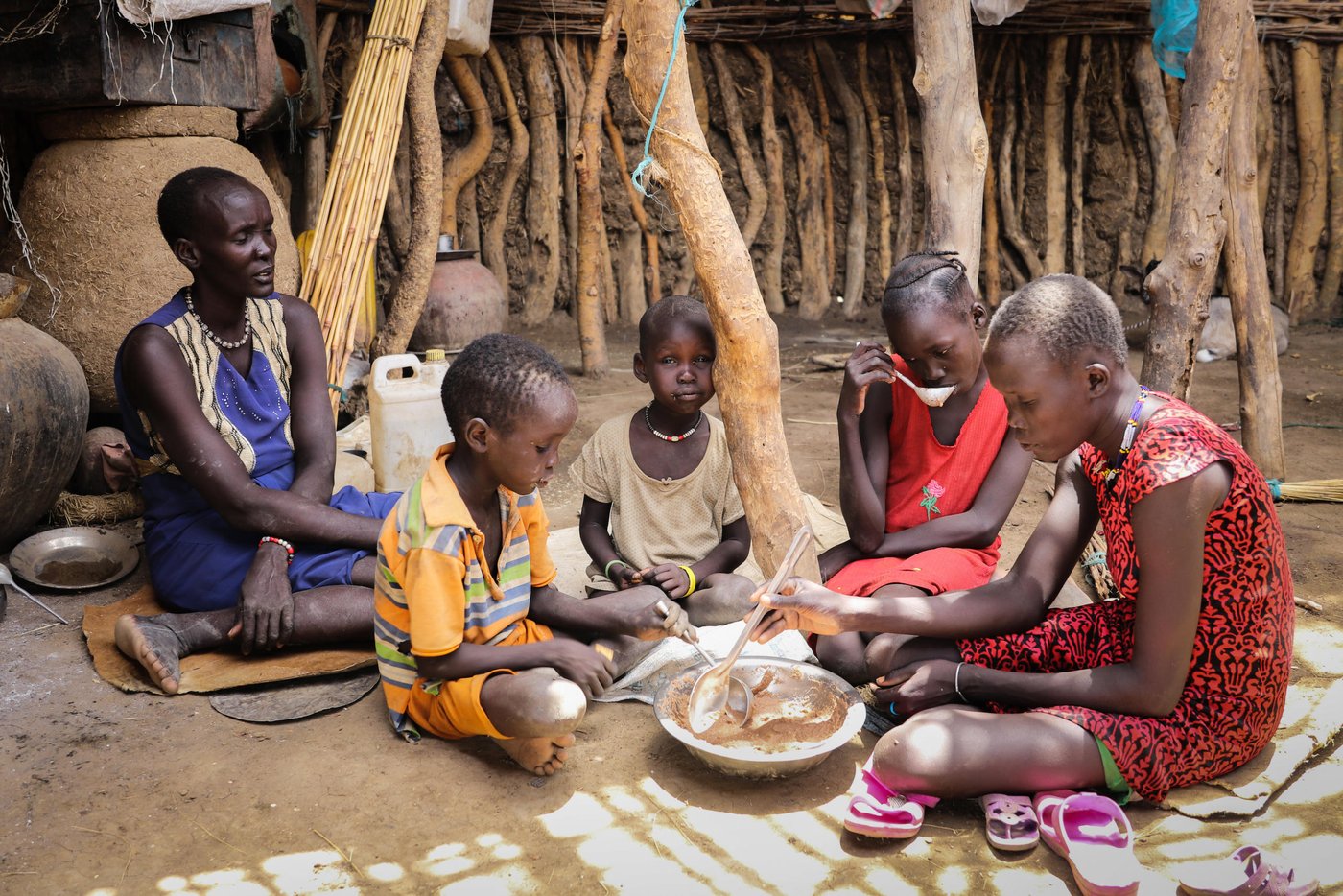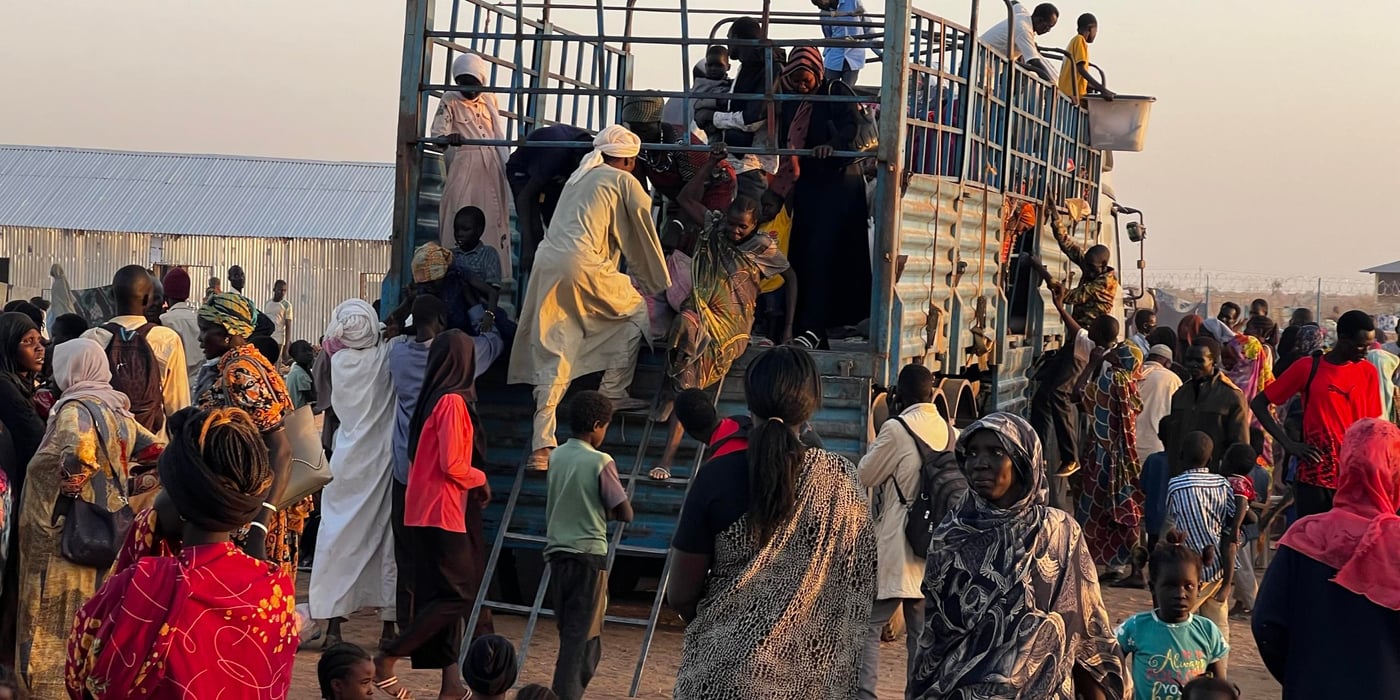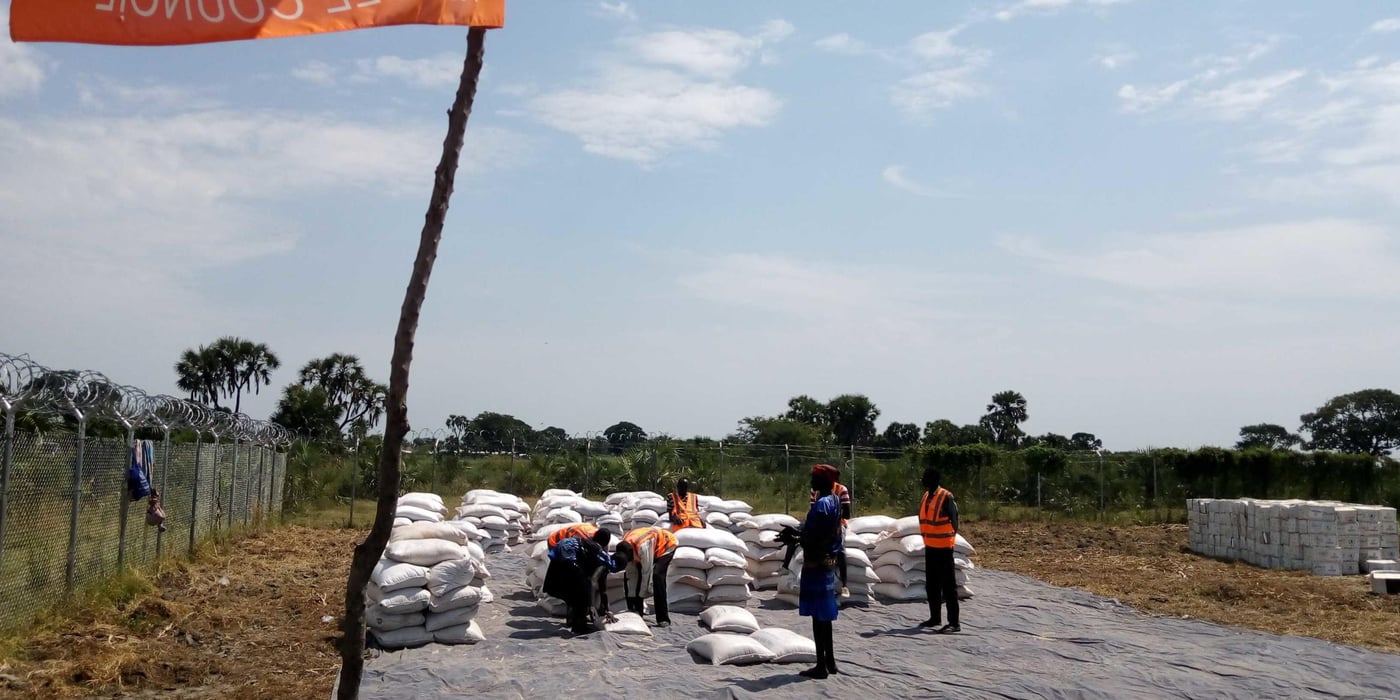
Seven years after South Sudan’s independence, over four million people have been displaced and 7.6 million people are in urgent need of humanitarian assistance. NRC calls for parties to the conflict in South Sudan to ensure the recent peace deal actually brings an end to fighting and displacement.
“We welcome the commitment by the parties to the conflict to cease hostilities and ensure free and unhindered access for humanitarians to continue their life saving work”, said Zewar.
“Lasting peace is needed to prevent the humanitarian situation from worsening. Safe and unhindered access is needed for life-saving assistance to be delivered effectively. We urge all parties to respect the ceasefire, protect civilians and ensure humanitarian organisations are able to carry out their life-saving work,’’ she added.
Around 4.47 million people have been displaced by the conflict with over half of these fleeing as refugees across the borders. Continued insecurity prevents many of the displaced from returning home, and some have been uprooted multiple times by conflict. Over 200,000 are currently seeking protection in UN bases, too afraid to live in the towns and villages.
Fighting and displacement is a major cause of food insecurity. Farmers are unable to access their land to plant crops or graze their cattle. Many goods cannot reach the market due to poor road conditions and insecurity. Inflation and economic uncertainty caused by the conflict has further driven up the price of commodities, making them prohibitively expensive for many.
“Insecurity is hampering people’s ability to produce or buy food, resulting in unprecedented levels of food insecurity. Today six out of ten people in South Sudan are severely food insecure,” said Zawar.
In order to address the dire needs of the population, humanitarian organisations need be able to operate effectively and safely. Humanitarian access is a constant issue with operations hampered by insecurity and denial of access. South Sudan is one of the most dangerous places in the world to be a humanitarian with over 100 aid workers killed since 2013. With organisations facing continued restrictions and conflict causing many areas to be inaccessible, the humanitarian needs will continue to grow.
Media contacts:
Media hotline, info@nrc.no, +47 905 62 329




